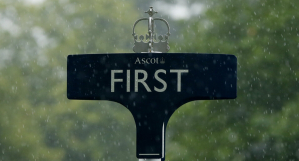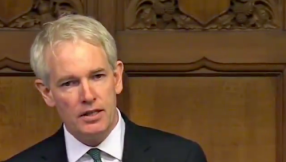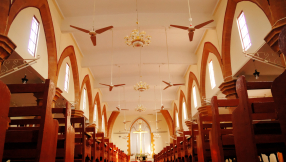I think there is something about church life that can cause us to subconsciously judge others – and boy it's ugly.
Having been part of a church plant, and now being involved in leadership, I know how easy it is to look at the numbers of volunteers – even the numbers of attendees to any given event – and wonder where everyone else is. All too quickly you can begin to question their loyalty to the church, and be frustrated that it is always the same few people working hard to make things happen.
There is value in putting our shoulders to the wheel and sacrificing our time and talents for our church community (I truly believe God calls us to that), but spending time with someone I love dearly challenged me afresh about my negative assumptions about people.
My mum suffers from some degenerative diseases and has lost a lot of movement in her body. She is in pain constantly and can't get out much at all these days, relying on my dad to drive her if she needs to go anywhere.
In a conversation after a recent bout in hospital, my mum was feeling low and said to me, in some anguish, that she could no longer see what the point of her life is. I immediately quipped back that no one else has taught me as much about faithfulness in suffering as she has. That God does not look at the outward things that we do, but is delighted in the fact that her heart is still turned towards him even in the midst of so much pain. By simply clinging on to her faith she is remaining true to him – and to herself.
My words seared my own heart as I said them, because I instantly recognised that I had judged others when I had no right to. I had judged those that are simply being faithful where they are, who may well be obeying God fully in their current situation; being the best parent they can be, being salt and light in a highly pressurised working environment, sticking with their faith even when circumstances seem to scream at them that it's time to give up.
I began wondering whether we pressurise people too much to fulfil 'roles' and thereby somehow show outwardly that they are progressing as disciples through the way that they serve.
I realise there is wisdom in spurring people on to serve in areas God has called them to, and that stretching people at times is a great way for them to grow. But I also know that God has been speaking to my spirit about gently slowing down before I allow my mind to run away with my own assumptions, and about taking the time to find out how people are and what is going on in their lives before jumping to conclusions about the status of their walk with God. I am not their judge – he is. And he's a far gentler, grace-filled judge than I know I will ever be.


















